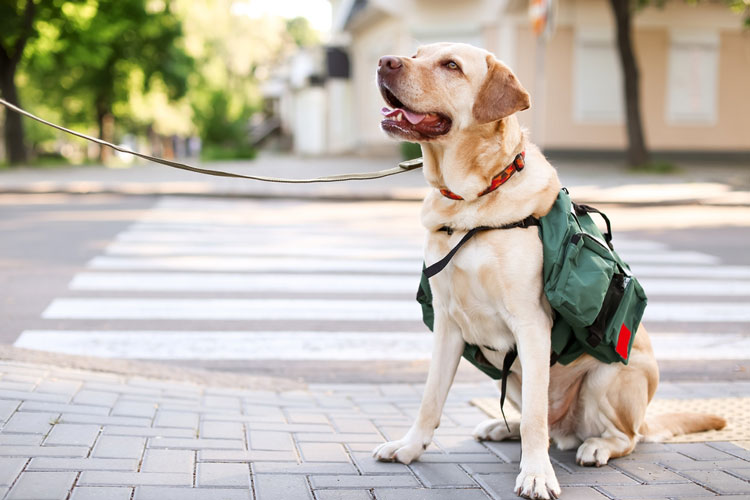As temperatures drop, caring for your pet includes adjusting their routine to keep them warm, healthy, and comfortable during the winter months. Whether you have a dog, cat, or an emotional support animal (ESA), cold weather presents unique challenges that require extra care and attention. From keeping them warm to adjusting their diet, here’s everything you need to know to protect your furry companion in winter.
Keep Your Pet Warm with Proper Shelter and Clothing
Just like humans, pets can suffer from hypothermia and frostbite if exposed to extreme cold for too long. While some breeds are naturally equipped for winter, others need extra protection.
- Limit outdoor time – Avoid long walks in freezing temperatures, especially for short-haired pets.
- Invest in pet-friendly winter gear – Sweaters, coats, and booties help keep your pet warm and protect their paws from ice and salt.
- Create a warm indoor space – If your pet sleeps in a cold area, provide extra blankets, a heated pet bed, or a draft-free shelter.
Protect Their Paws from Snow, Ice, and Salt
Sidewalk salt, ice, and snow can harm your pet’s paws by causing dryness, cracks, and irritation.
- Use pet-safe paw balm – Apply a protective balm before walks to prevent dryness and cracking.
- Wipe paws after walks – Snow and de-icing chemicals can be toxic if licked, so clean their paws immediately after outdoor time.
- Try dog booties – These help insulate paws from freezing surfaces and harmful road salt.
Adjust Their Diet for Cold Weather Needs
Winter can change your pet’s dietary needs, depending on their activity level and exposure to the cold.
- For active pets – Increase food intake slightly to provide extra energy for body heat.
- For indoor pets – Avoid overfeeding, as lower activity levels can lead to weight gain.
- Ensure proper hydration – Dry winter air can lead to dehydration, so keep fresh water available at all times.
Be Aware of Winter Health Hazards
Winter brings unique dangers that can impact your pet’s health. Stay cautious of these common risks:
- Antifreeze poisoning – Even small amounts of antifreeze can be deadly. Keep it stored securely and clean up spills immediately.
- Hypothermia and frostbite – Watch for shivering, weakness, or pale skin, which can signal dangerous cold exposure.
- Seasonal depression – Pets can experience winter blues due to less sunlight and outdoor time. Keep them mentally stimulated with indoor play, training, and extra bonding time.
Traveling in Winter? Caring for Your Pet includes Keeping Your ESA Safe and Comfortable
If you’re traveling with your emotional support animal, take extra precautions to ensure their comfort.
- Use a warm, ventilated carrier – Keep them insulated while allowing proper airflow.
- Plan rest stops – If driving, schedule breaks for water, bathroom time, and stretching.
- Check airline policies – If flying, confirm the airline’s ESA travel guidelines to avoid last-minute issues.




